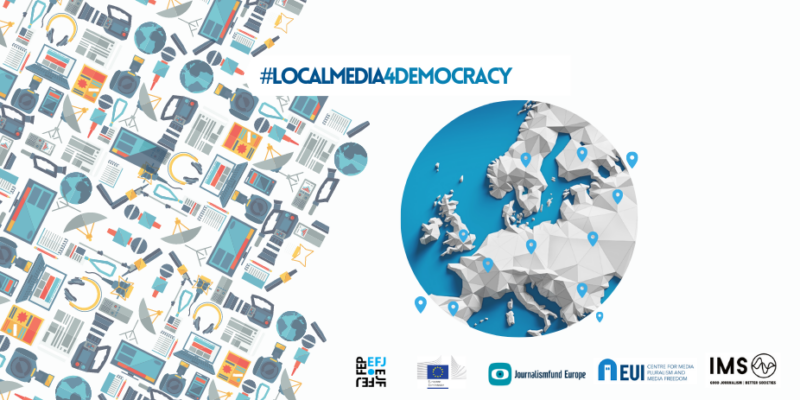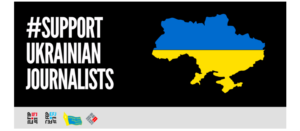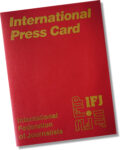What are “news deserts” in Europe?
The article was originally published here. The concept of news deserts was initially developed by US scholars and policymakers to explain the crisis of traditional news media and the vanishing of local news outlets as a consequence of the digital transformation and the 2008 global economic crisis. In an attempt to provide a definition for this concept, some authors have focused on digital accessibility by measuring the availability of broadband and wireless technology in local communities. A second group have focused on linguistic and cultural barriers that leave ethnic communities marginalized and disenfranchised, whereas a third group have concentrated on the quality…














